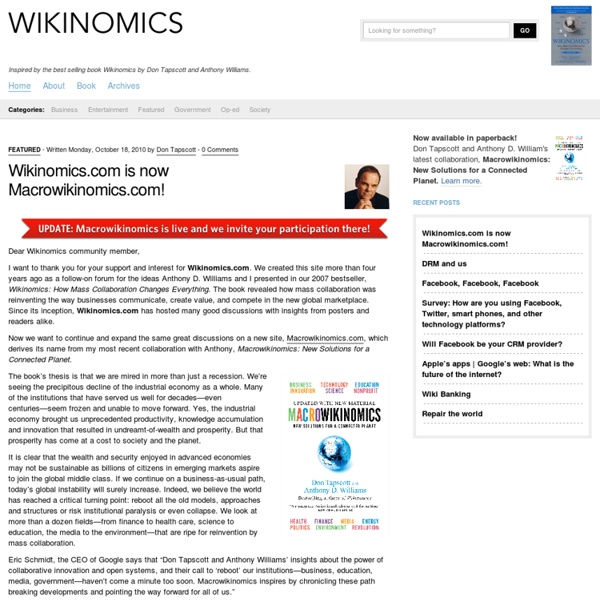Excelsior Learning
Bursts of Fresh Squeezed Ideas Program Sixty-Day Creative-Thinking Facilitation Skills Training Program What If … you could significantly accelerate innovation across your organization? At the center of this sixty day creative-thinking facilitation skills training program (self-directed with coaching) is a comprehensive and disciplined method, and set of tools and techniques for systematically igniting creative-thinking facilitation skills. Upon completion of this innovative, multi-dimensional program, creative-thinking facilitators will discover how to… The Bursts of Fresh Squeezed Ideas Program @ a Glance, depicted below, outlines the components of the program. Roles: Sponsor The role of the sponsor is to: Assist in defining and scoping the challenge, or project to be worked on Provide guidance and feedback throughout the challenge or project Assist in removing or minimizing any roadblocks that crop up along the way Creative-Thinking Facilitator Creative-Thinking Cohort Cognitive Skills
Welcome To Bruthas Who Luv Muthas!
This website contains sexually explicit adult content, including still and moving images of nude adults, adults engaged in sexual acts, and other sexual material. Entering this website is prohibited if you are not at least 18 years old (21 in some areas) or if you are visiting this website from the jurisdiction of any municipality, city, state, country, or other governmental entity where viewing adult content is prohibited by law. You are under an affirmative legal obligation to leave this site NOW if you are under 18 (21 in some areas), if visiting this adult website is prohibited by law, or if you will be offended by adult content. Enter this website only if you accept each and every provision of the following agreement: SCROLL DOWN FOR FULL AGREEMENT- By accepting this Agreement and thereby entering this adult website, I hereby swear and affirm under oath, represent and warrant that the following statements are true: I am at least 18 (21 in some areas) years old.
Bolsamania
Social dynamics
Social dynamics can refer to the behavior of groups that results from the interactions of individual group members as well to the study of the relationship between individual interactions and group level behaviors.[1] The field of social dynamics brings together ideas from Economics, Sociology, Social Psychology, and other disciplines, and is a sub-field of complex adaptive systems or complexity science. The fundamental assumption of the field is that individuals are influenced by one another's behavior. The field is closely related to system dynamics. Topics[edit] See also[edit] References[edit] Weidlich, W. (1997) "Sociodynamics applied to the evolution of urban and regional structures". Further reading[edit] Easley, David; Klienberg, Jon (2010). External links[edit] Watts, D.J.; Strogatz, S.H. (1998).
Welcome to The Department of Economics
Invertia.com
Tipping point (sociology)
In sociology, a tipping point is a point in time when a group —or a large number of group members— rapidly and dramatically changes its behavior by widely adopting a previously rare practice. The idea was expanded and built upon by Nobel Prize-winner Thomas Schelling in 1972. A similar idea underlies Mark Granovetter's threshold model of collective behavior. The phrase has extended beyond its original meaning and been applied to any process in which, beyond a certain point, the rate of the process increases dramatically. It has been applied in many fields, from economics to human ecology[1] to epidemiology. It can also be compared to phase transition in physics or the propagation of populations in an unbalanced ecosystem. Journalists and academics have applied the phrase to dramatic changes in governments, such as during the Arab Spring[2] The concept of at tipping point is described in an article in an academic journal, the Journal of Democracy, entitled China at the Tipping Point?
Wharton MBA Student Perspective
Get the latest information from our Admissions Team. Wharton Spotlight: Cotopaxi Social Impact Venture April 7, 2014 Wharton alum Davis Smith (WG’11, G’11) and his wife Asialene started their outdoor gear company, Cotopaxi, with a simple goal – to make gear for good. With more than a billion people living in extreme poverty, Cotopaxi, has a social…Read More all posts Visiting Philadelphia? Visit Campus Check out classes, an information session, and more.



